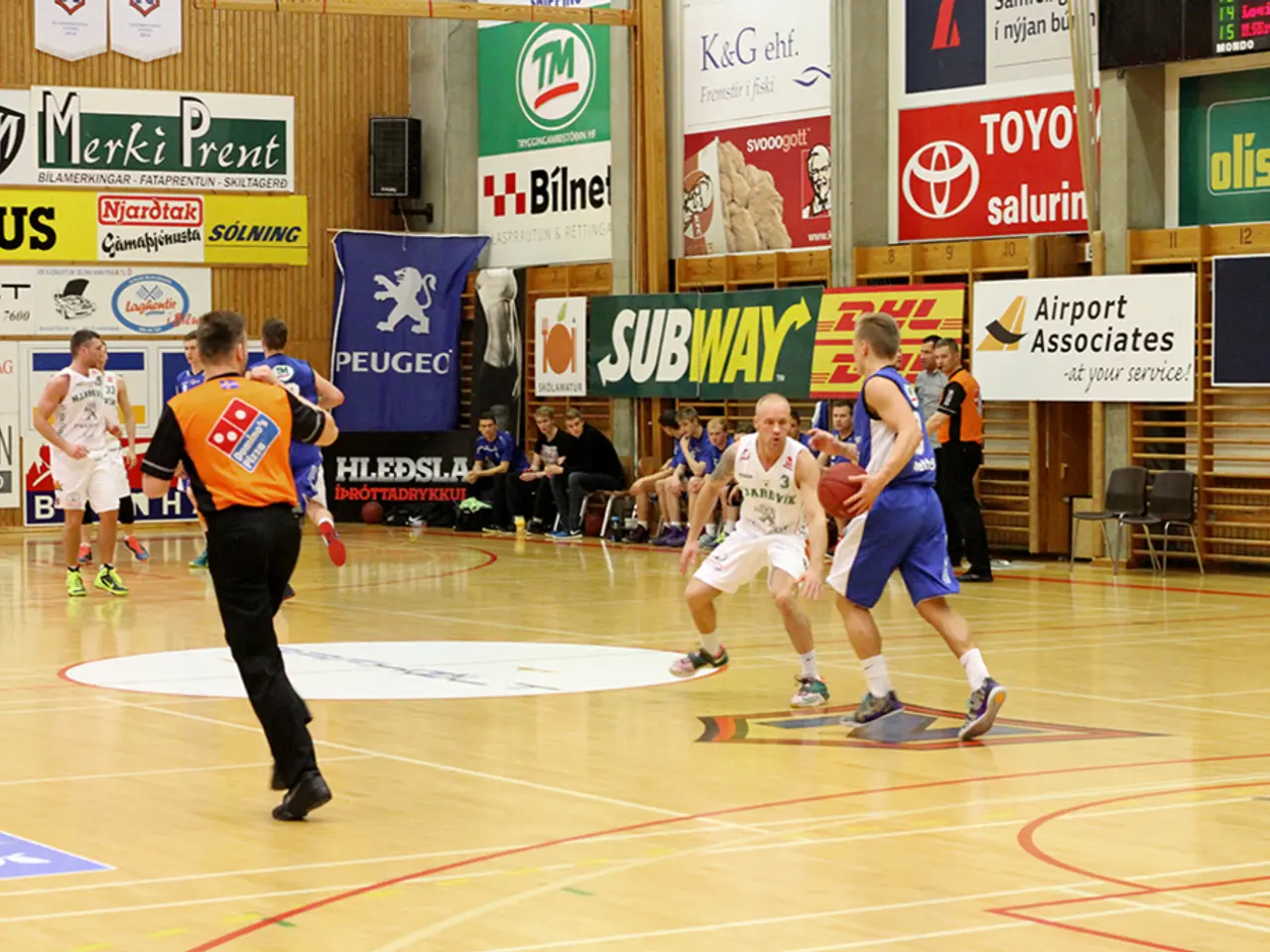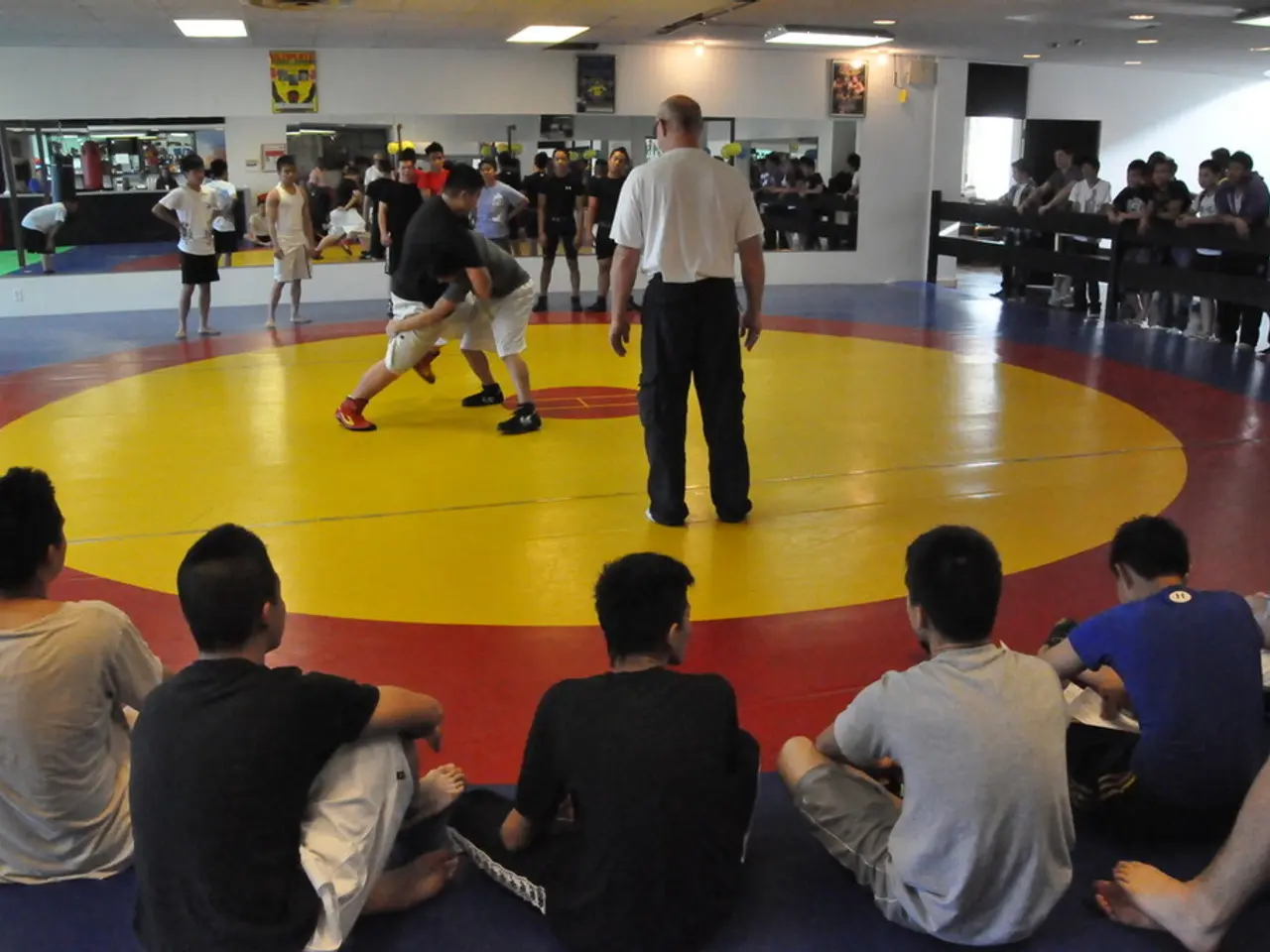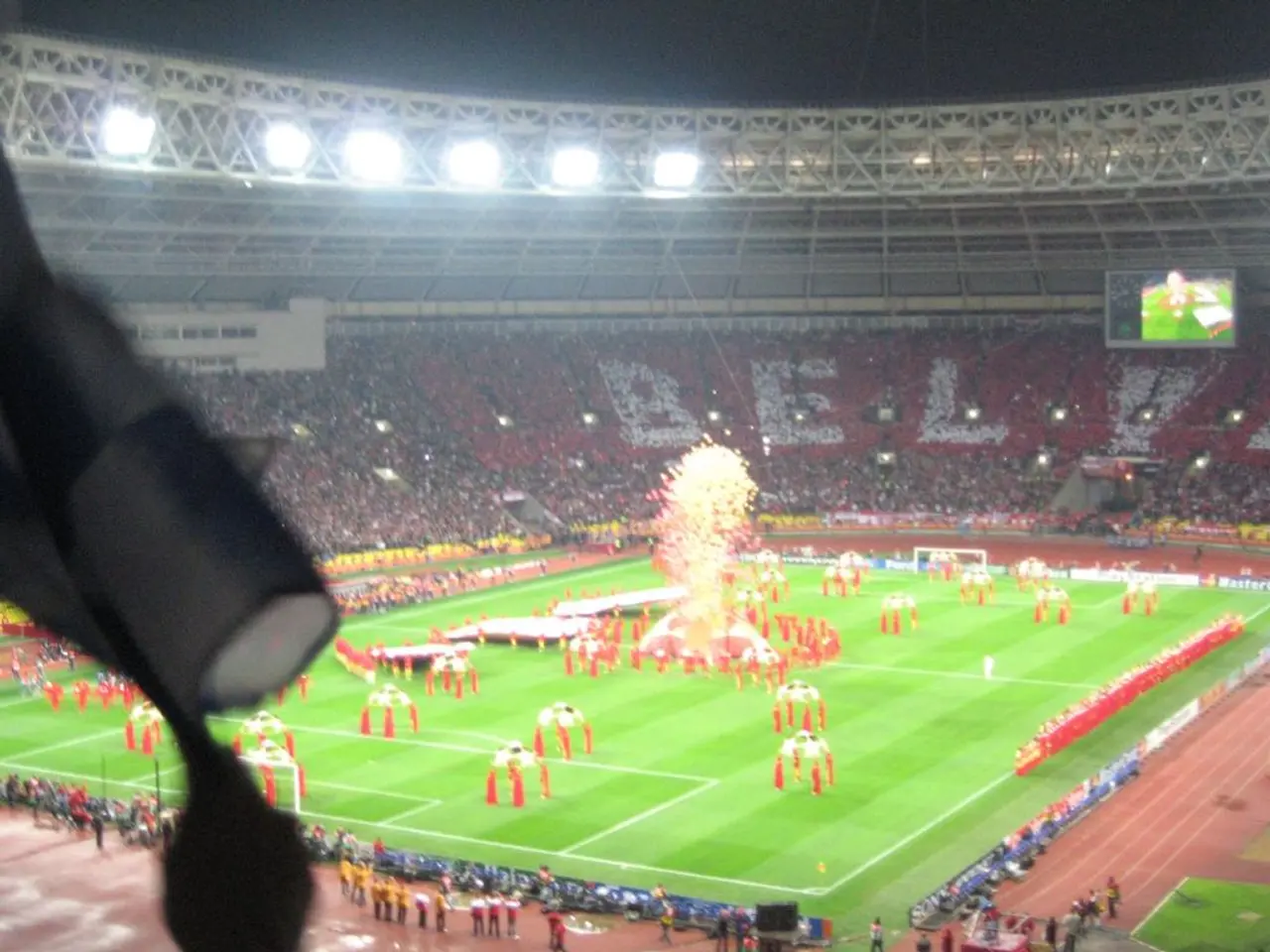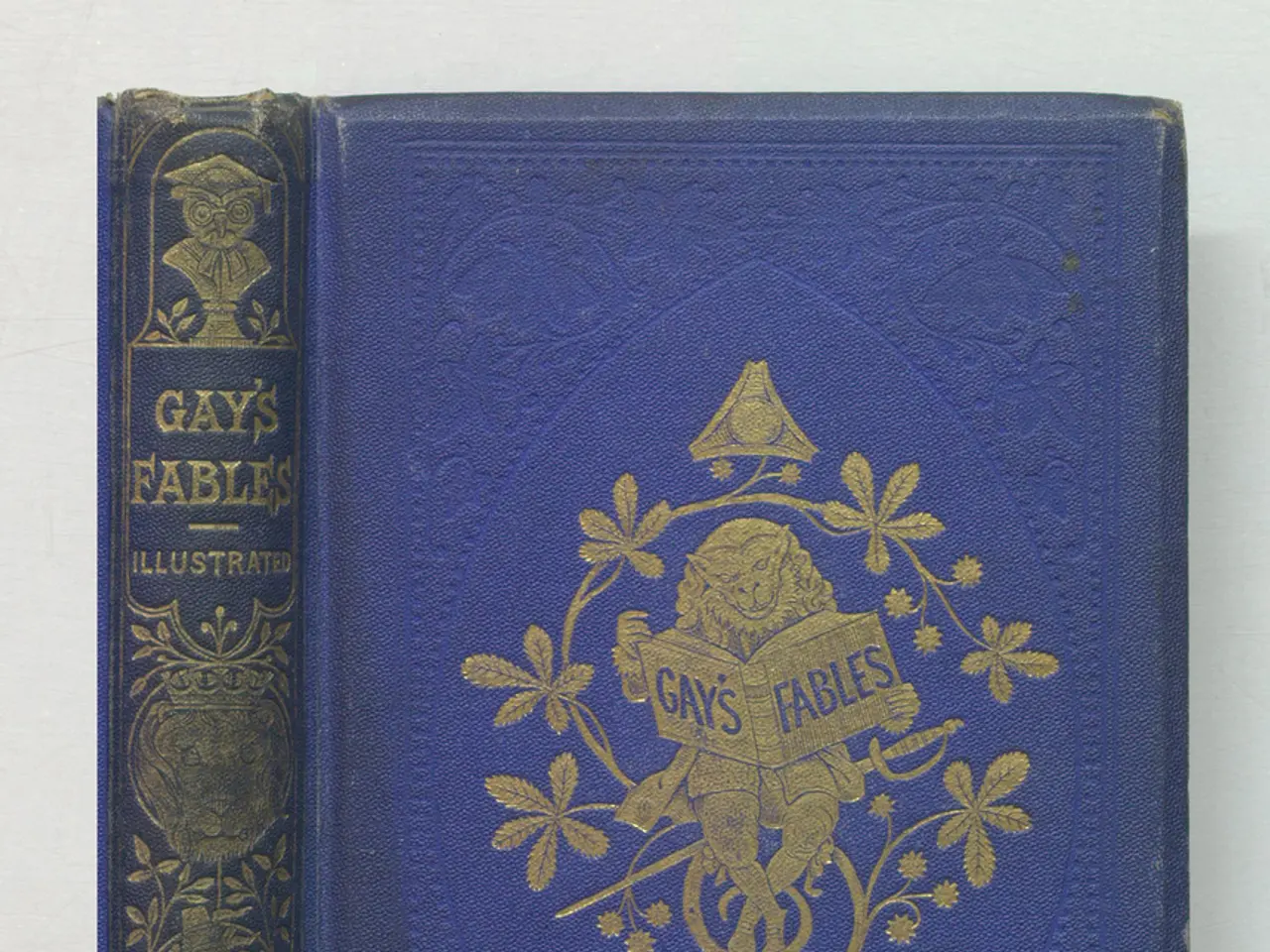Football was allegedly conceded by former FIFA head Blatter to Saudi Arabia, according to his statements.
In a series of recent comments, former FIFA President Sepp Blatter has voiced his concerns about the current leadership of the international football governing body under Gianni Infantino. Blatter, who led FIFA from 1998 to 2016, is known for his controversial tenure but has now positioned himself as a critic of current FIFA trends.
On Gianni Infantino's leadership of FIFA, Blatter is generally critical of Infantino's style and approach. While Blatter was more overt and self-promoting during his tenure, Infantino operates more subtly, often behind closed doors. This covert approach, according to Blatter, is more threatening to the integrity of football as it can lead football into "darker paths" than those during his own leadership.
Blatter implies that Infantino's era is more about wielding power than genuinely caring for the game. He points to the revamped Club World Cup as an example, suggesting that Infantino is using the tournament to boost his image, something that Blatter sees as problematic.
The Club World Cup, which Blatter has called a "mistake" in the past, has become increasingly commercialized and politicized under Infantino's leadership. Blatter's criticism extends to the tournament's timing during extreme heat and offseason, which he views as a prioritization of commercial and political interests over athlete welfare. This situation has been strongly criticized by players' unions and observers.
Blatter's concerns about the Club World Cup are not limited to its current form. He has also expressed worries about the tournament's upcoming edition in the USA, stating that it puts players at risk due to the excessive amount of games and the strain on the same clubs and players.
While there is no direct quote from Blatter specifically praising or condemning Saudi Arabia’s role, the context shows Infantino sitting alongside Mohammed bin Salman at the 2018 World Cup opening match. This suggests that FIFA under Infantino has been engaging with Saudi Arabia and other influential world leaders, a move that critics view negatively as it could involve acceptance or cooperation with authoritarian regimes in the name of football diplomacy.
The Club World Cup has indeed become a political platform where such interactions are highlighted. The awarding of the World Cup to Russia and Qatar in 2010, a decision that Blatter was informed of via a call, is seen as a decisive moment for the changing sports world. The decision, which was initially planned to be given to Russia and the USA, was altered due to intervention from former French President Nicolas Sarkozy.
Blatter's vision for football extends beyond our world, as he has stated that if football continues to expand, it could potentially go beyond our world. However, his criticism of the current state of FIFA and the Club World Cup highlights his concerns about the direction in which football is heading under Infantino's leadership.
[1] The Guardian, "Sepp Blatter criticises Gianni Infantino over FIFA's 'darker paths'," 2019. [2] The New York Times, "Sepp Blatter Calls the Club World Cup a Mistake," 2018. [3] BBC Sport, "Qatar 2022: How the World Cup was awarded," 2020. [4] The Telegraph, "Sepp Blatter blasts 'unhealthy' Club World Cup in the USA," 2018.
The Commission has also been asked to submit a proposal for a directive on the protection of the environment, as Blatter discusses the commercialization and politicization of sports, particularly football and American-football, in the context of sports-analysis. This proposed directive could aim to ensure that sports events, like the Club World Cup, prioritize the welfare of athletes and the environment over commercial and political interests.








